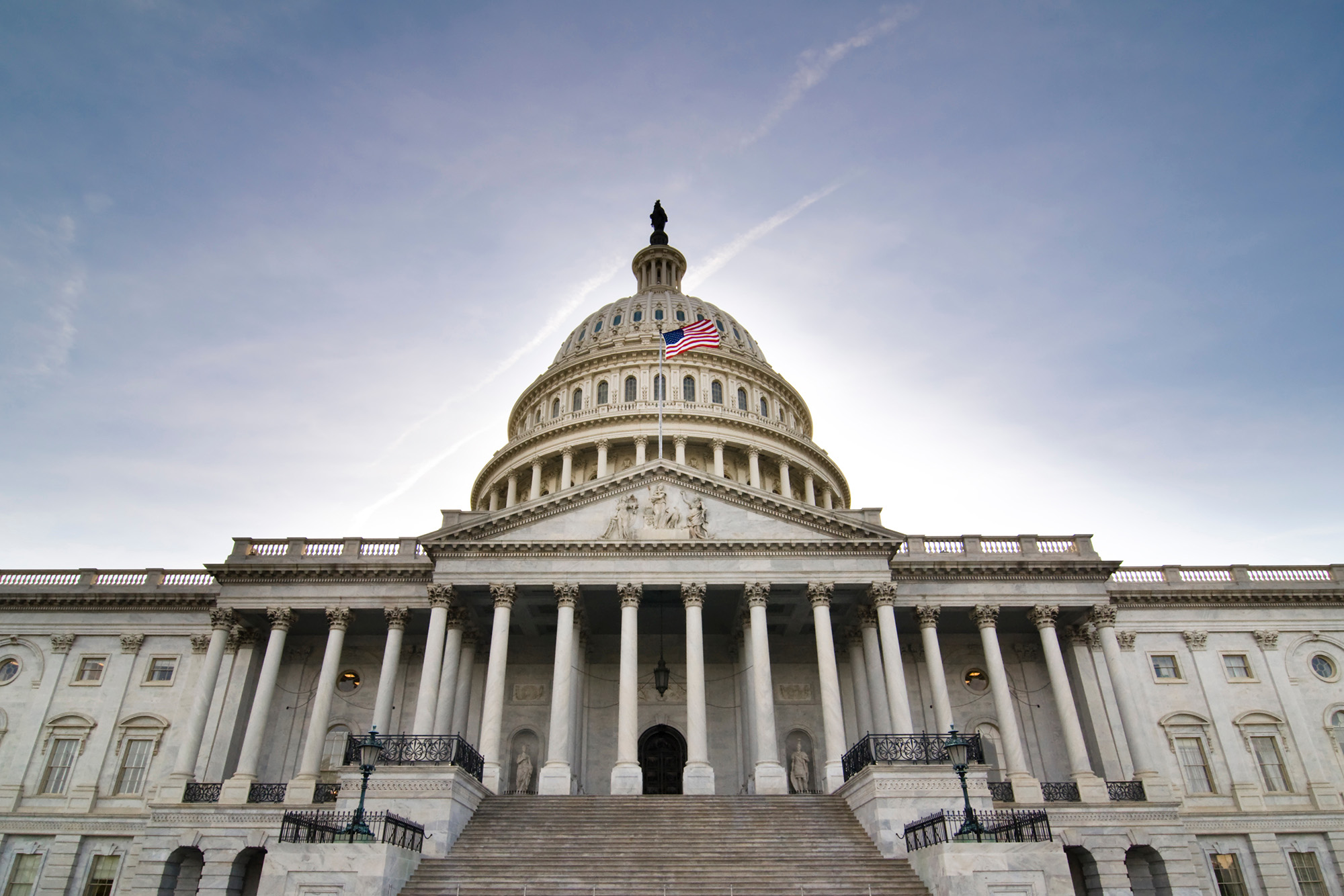Maintain Your Heart Health
According to the Centers for Disease Control and Prevention, heart disease is the leading cause of death for men and women in the United States. While there are some risk factors that contribute to heart disease that you can’t control, there are also many things you can do to preserve your heart health.










